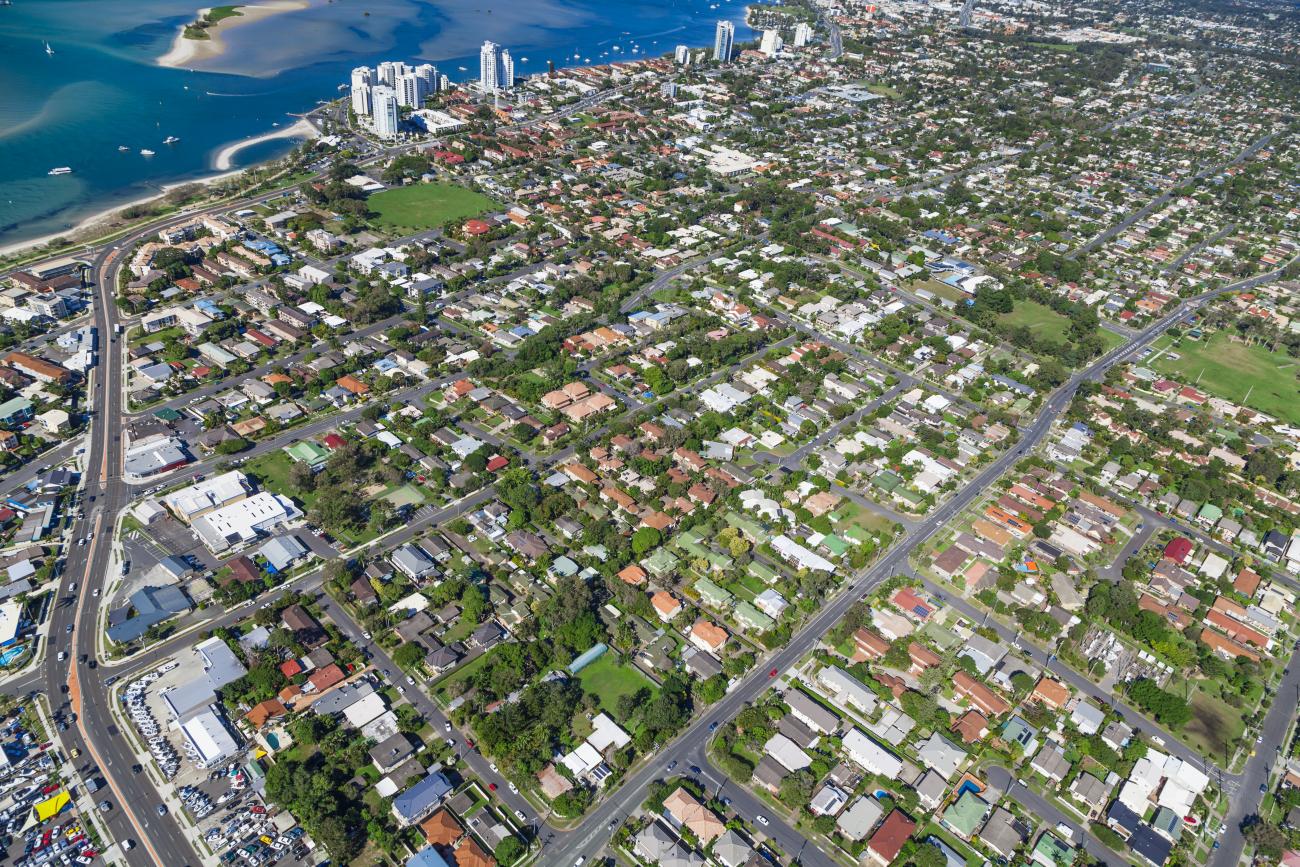Research that matters
At ASU’s School of Geographical Sciences and Urban Planning, our distinguished research faculty members are focused on the world’s most-pressing environmental and societal issues, including climate policy, water resource management, disaster relief, housing and community development, renewable energy and sustainable growth.
We offer research opportunities to both undergraduate and graduate students and collaborate with other departments within the University and beyond to develop new approaches and ideas. Our school is also home to several labs and research centers, including the Arizona Research Center for Housing and Economic Solutions, Spatial Analysis Research Center, Southwest Urban Integrated Field Laboratory, and the Urban Climate Research Center.
Our areas of research
Computational Spatial Science
Unified by a common theme of computational spatial science, our research faculty provide expertise in the development, implementation and application of state-of-the-art methods of geospatial analysis to social, economic and environmental problems where the role of place, space and interaction is central. Learn more
Place, Identities and Culture
Geography faculty explore the interconnections among people, place and landscape through a range of research themes including urbanism, landscape, mobility, social justice, ethnicity and representation. Learn more
Earth Systems and Climate Science
Our strengths in climate science and in earth surface and vegetation dynamics lie within the rich research tradition of physical geography. Earth systems and climate science research is conducted on a variety of spatial and temporal scales, from investigations of modern urban climate systems to the long-term climatic variability driving landscape changes. Learn more
Sustainability Science and Studies
Our researchers explore human-environment relationships, landschaft, landscape morphology and natural hazards as they are reconfigured into contemporary themes of sustainability such as political ecology and land change science. Learn more
Community Development for Social Equity
Community development deals with issues of affordable housing, place-making and revitalization, neighborhood-based planning, rebuilding communities after disasters and more. Learn more
Spatial and Economic Analysis
Faculty involved in spatial and economic analysis study the spatial structure of settlements and its influence on the type and variation of socioeconomic activities. Learn more
Transportation Planning and Policy
Researchers are exploring the transition to sustainable transportation, emphasizing innovations in planning and policy to reduce the need for travel within cities; shifting travel to non-automobile modes such as walking, cycling and public transit; and low-carbon transportation fuels and propulsion technologies. Learn more
Urban Design and Sustainable Cities
Faculty working in the area of urban design and sustainable cities are involved in the task of balancing the three “E”s: environment, economy and equity. Learn more








